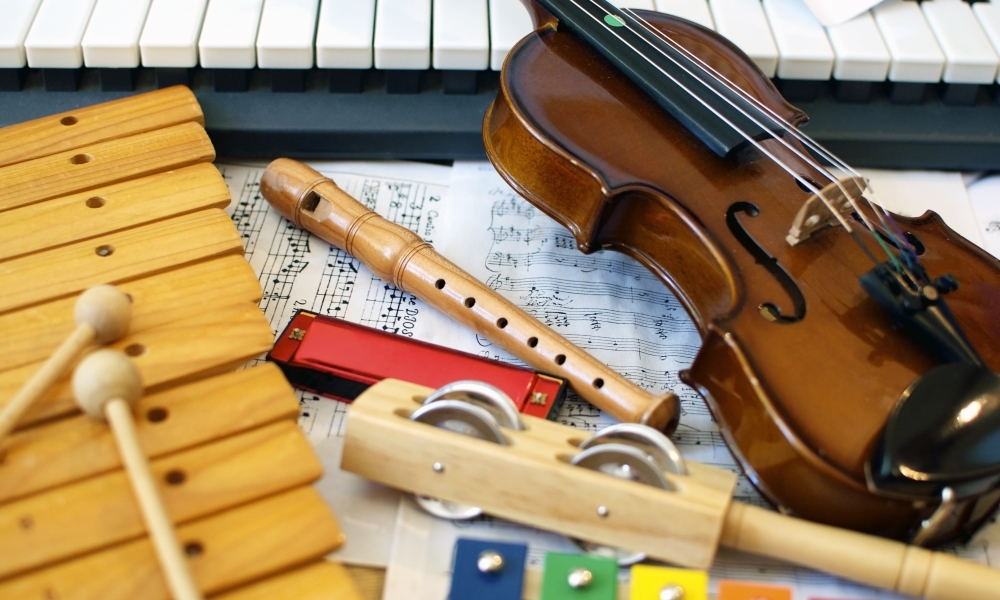Welcome to this month's edition of Researching education: 5 further readings. In this series, we take a look at some further readings available on a particular topic, including open access research papers from various online databases, and Teacher archive content you might not have come across yet.
Music education has a range of benefits, not only for students’ music learning, but for improving their capacity as a learner more broadly. In this edition of Researching education: 5 further readings, we’re sharing 5 readings on the topic of Music education from researchers in Australia.
- Music education: A sound investment. Commissioned by the Tony Foundation, this report draws on 21 interviews with industry experts as well as experience from the research team to create an overview of the state of Music education in Australia. The report focuses on the primary school system as the level of education where music education has the greatest developmental impacts, and where solid foundations can be built for high-quality music education in the secondary years.
- South Australian Quality Music Education Framework: Music for a world-class education. This 10-year framework developed by South Australia’s Department for Education for use by schools, preschools and community partners, highlights the utility of the framework as a decision-making guide for everyone involved in the planning and delivery of Music programs. The framework identifies the characteristics of quality music education, outlines best practice approaches for decision-makers and school staff, and provides checklists for schools to help them design their Music program to meet the aims of the framework.
- Music education in Australian schools: An essential place for all students. Published in the Australian Education Union’s Professional Voice journal, this article unpacks the benefits of Music education in schools – from the importance of learning skills in the discipline itself, to the broader effects it has on a student as a learner, such as improving skills in critical thinking, collaboration, goal-setting, self-evaluation and more. The author draws attention to the critical lack of funding and focus on improving Music education in schools, despite the evidence of its benefits.
- ‘It’s fun, unthreatening and engaging’: Professional learning in initial teacher education, BEd Primary. This journal article, published in Issues in Educational Research, explores the opportunities for initial teacher education (ITE) delivered by professional organisations to improve teachers’ knowledge, skills and understandings of Music and Music education. The study takes a 2-pronged approach to understanding the benefits of ITE in Music, asking why people come together to share music-making practice, and how participants engage with professional learning opportunities.
- Pre-service Music Teachers' Understanding of Blended Learning: Implications for Teaching Post COVID-19. In this Australian Journal of Teacher Education article, researchers from Monash University in Victoria report on a 3-year study which analyses 2 Australian pre-service teachers’ experience of Blended Learning (BL) over the course of the pandemic, including their students’ understanding of BL throughout the pandemic. The paper explores how the educators’ experiences changed over time, and explore the implications for the development of flexible and responsive learning during and post-COVID-19.
Some of the resources featured in this article can be found through Cunningham Library Catalogue and EdResearch Online. At the links below, you can search for more resources on the topic of Music education in these 2 online databases.
- Music education: Cunningham Library Catalogue
- Music education: EdResearch Online
You can also browse other education topics at this page.
The Cunningham Library membership is open to individuals, schools and organisations. Membership includes access to a comprehensive collection of education research literature; weekday alerts to a selection of Australian education news; fast supply of articles and books from the collection; support in finding research; and an integrated online search tool that works across all our resources.
To become a library member, visit the website.



